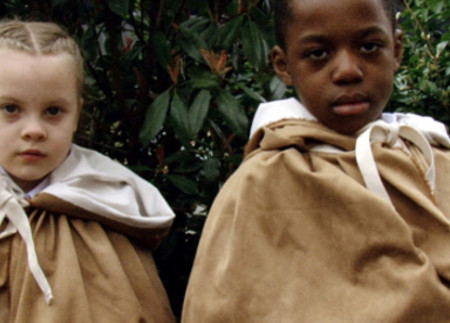Furtherfield was founded by artists Ruth Catlow and Marc Garrett in 1997 and sustained by the work of its community as the Internet took shape as a new public space for internationally connected cultural production.
Furtherfield is now a dynamic, creative and social nerve centre where upwards of 26,000 contributors worldwide have built a visionary culture around co-creation – swapping and sharing code, music, images, video and ideas.
A Not-for-Profit Private Limited Company since 2009, Furtherfield has received regular funding from Arts Council England since 2005 which supports artistic programmes with a local, national and international reach as well as innovative outreach projects and the development of new forms of infrastructure and digitally enabled participation and engagement in the arts.
Digital Communities for Co-creation
Through our online platforms for review, discussion, reflection, sound exploration, conversation and audiovisual mash-ups, specialist and amateur artists, designers, activists, thinkers, and technologists come together to cultivate open, engaging and stimulating contexts for making and thinking.
Exhibitions
Contemporary digital networks and social media offer the potential for a more open relationship between artists and audiences. This can radically change the life of the artwork in the world, the ways in which people come across it and sometimes collaborate in its creation. We host regular exhibitions and public events at our gallery (formerly HTTP) featuring the best of contemporary media art. Furtherfield opened London's first dedicated gallery for networked and new media art in 2004. Since 2012, with the support of Haringey Council, Furtherfield Gallery has moved to McKenzie Pavilion in Finsbury Park.
Sustainable Arts
Our Media Art Ecologies programme puts ecological themes and processes at the core of our artistic and organisational programme. With Drake Music we are further exploring innovative collaboration between arts organisations to develop sustainable ways of sharing resources and opportunities.
Outreach
We work with diverse communities including HE students, young people, disabled people and homeless people. Participants create films, games and performances that explore the tools and processes of a digitally connected world.
Research
We participate in national and international conferences and are developing research activities with the HE sector. In 2009 we published Artists Re:thinking Games in partnership with FACT and Liverpool John Moore University - the first print run has already sold out. The next book is planned on the impact of digital culture on the climate change.









